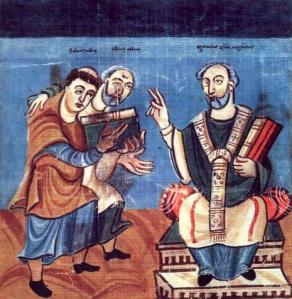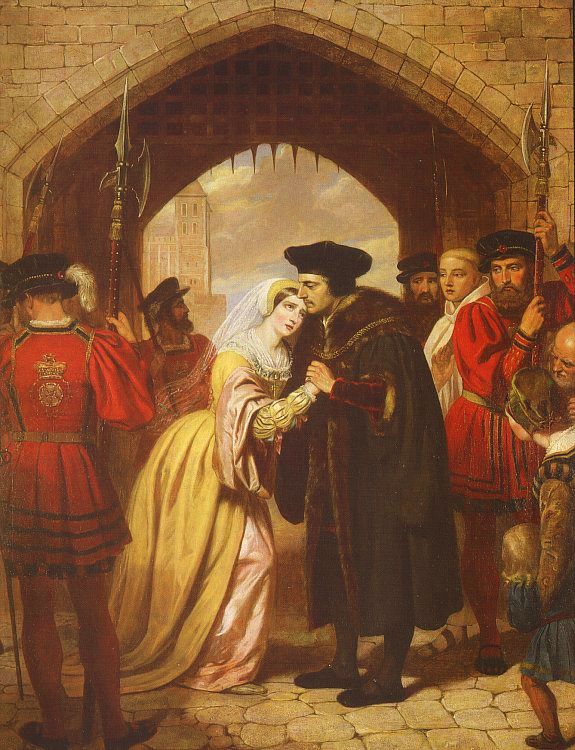COMMENT:
To: Donald...
Sent: Wednesday, 12 June 2013, 18:49
Subject: [Blog] Henri Nouwen and Rembrandt
--- Forwarded Message -----
From: William W...To: Donald...
Sent: Wednesday, 12 June 2013, 18:49
Subject: [Blog] Henri Nouwen and Rembrandt
Dear Father Donald,
Such finely perceptive meditations - with such skill to express them - delight me in Henri Nouwen's writings that you record on your Blog: these I have captured for myself, together with images of Rembrandt's affective drawings of Leonardo's great work, The Last Supper (tempting me to make however poor a sketch myself...)
I hardly begin to know how to filter and then to express the thoughts and feelings that drift through my mind as I rest before the Eucharist at early Vigils: I have noted down those few highlights (below) which will give me moorings to hold onto against the constant tide of the movement of my mind. This Henri Nouwen book you have discovered, and Sr Wendy Beckett's also, place such thoughts as these before us in both words and reflective images as we contemplate the wonder of it all!
Thank you for sharing your delight... that indeed 'our joy may be complete'.
Truly a great joy!
With my love in Our Lord,
William
PS. My fabulous screen saver bathes my room in light (your photo on the Blog of the South Cloister, of the 'Sunset - silhouettes, reflections, mirrors, shadows.' P1014796 South Cloister sunset Silhouette.jpg')
Extracts from 'Jesus, A Gospel' by Henri Nouwen
The Eucharist is the most ordinary and the most divine gesture imaginable. That is the truth of Jesus. So human, yet so divine; so familiar, yet so mysterious; so close, yet so revealing!
We all know of this desire to give ourselves at the table. We say: "Eat and drink; I made this for you. Take more; it is there for you to enjoy, to be strengthened, yes, to feel how much I love you." What we desire is not simply to give food, but to give ourselves. "Be my guest," we say.
This moment when Jesus is handed over to those who do with him as they please is a turning point in Jesus' ministry. It is turning from action to passion...
It is important for me to realize that Jesus fulfills his mission not by what he does, but by what is done to him. Just as with everyone else, most of my life is determined by what is done to me and thus is passion...
[Note: contrast the old adage, to be ‘active or passive’… which latter suggests a state of resignation, but here ‘passion’… negation itself, the sacrifice of disinterested love]
"Those who love me," Jesus says, "will be loved by my Father" (John 14:21). My true spiritual work is to let myself be loved, fully and completely, and to trust that in that love I will come to the fulfillment of my vocation.
I continue to see in myself and others how often we try to make unity among ourselves by focusing all our attention on each other and trying to find the place where we can feel united. When we direct our inner attention not first of all to each other, but to God to whom we belong, then we will discover that in God we also belong to each other.
 |
| Last Supper. Name the Apostles |
----- Forwarded Message -----
From: Donald Nunraw <nunrawdonald@yahoo.com>
To: William J Wardle <williamwardle2bp@btinternet.com>
Sent: Wednesday, 12 June 2013, 21:43
Subject: Fw: [Blog] Henri Nouwen and Rembrandt Cosmic Drama
From: Donald Nunraw <nunrawdonald@yahoo.com>
To: William J Wardle <williamwardle2bp@btinternet.com>
Sent: Wednesday, 12 June 2013, 21:43
Subject: Fw: [Blog] Henri Nouwen and Rembrandt Cosmic Drama
Hi, William,
This book arrived from Amazon.
You cannot surprise that I must be suffering with read-salivating.
At the moment, very happy with your selections from Henri Nouwen.
At the evening Chapter, we enjoyed the report by the monks returned from Iona.
D.G.
Donald
Leonardo Da Vinci, The Last Supper: A Cosmic Drama and an Act of Redemption Michael Ladwein
Book Description
Numerous great works have been created within the realm of Christian art, but none has received as much acclaim as Leonardo da Vinci's "Last Supper". Art lovers venerate it for its composition and noble aesthetics, while for Christians it epitomises the intimate relationship between Christ and his disciples. In recent years it has also become the focus of intrigue, controversy and speculation, following the publication of some bestselling fictional narratives and questionable historical studies. Given the recent restoration that has exposed remnants of the original paint-work and removed falsifications created by over-painting, we are now able to contemplate Da Vinci's masterpiece in its original form for the first time since its creation over 500 years ago. In this lavishly-illustrated, full-colour book - which reproduces many details of the restored work - Michael Ladwein turns his attention to newly-revealed aspects that allow for fresh interpretations. The philosopher, Rudolf Steiner, called "The Last Supper" the world's most important work of art, adding that it revealed 'the meaning of earth existence'. Ladwein throws light on many aspects of the spiritual message that can be discovered in this immortal painting - one that has lost nothing of its urgency in our modern world.
About the Author
MICHAEL LADWEIN is an art historian and expert on religions who now conducts art study tours. He is also an author and translator. His published works include Chartres, Ein Fuhrer durch die Kathedrale (Chartres, A guided tour of the cathedral) and Raphaels Sixtinische Madonna (Raphael's Sistine Madonna). For more information see: www.ladwein-reisen.de.
some pages......
++++++++++++++
 |
| Leonardo Study of figures Venice Academy |











